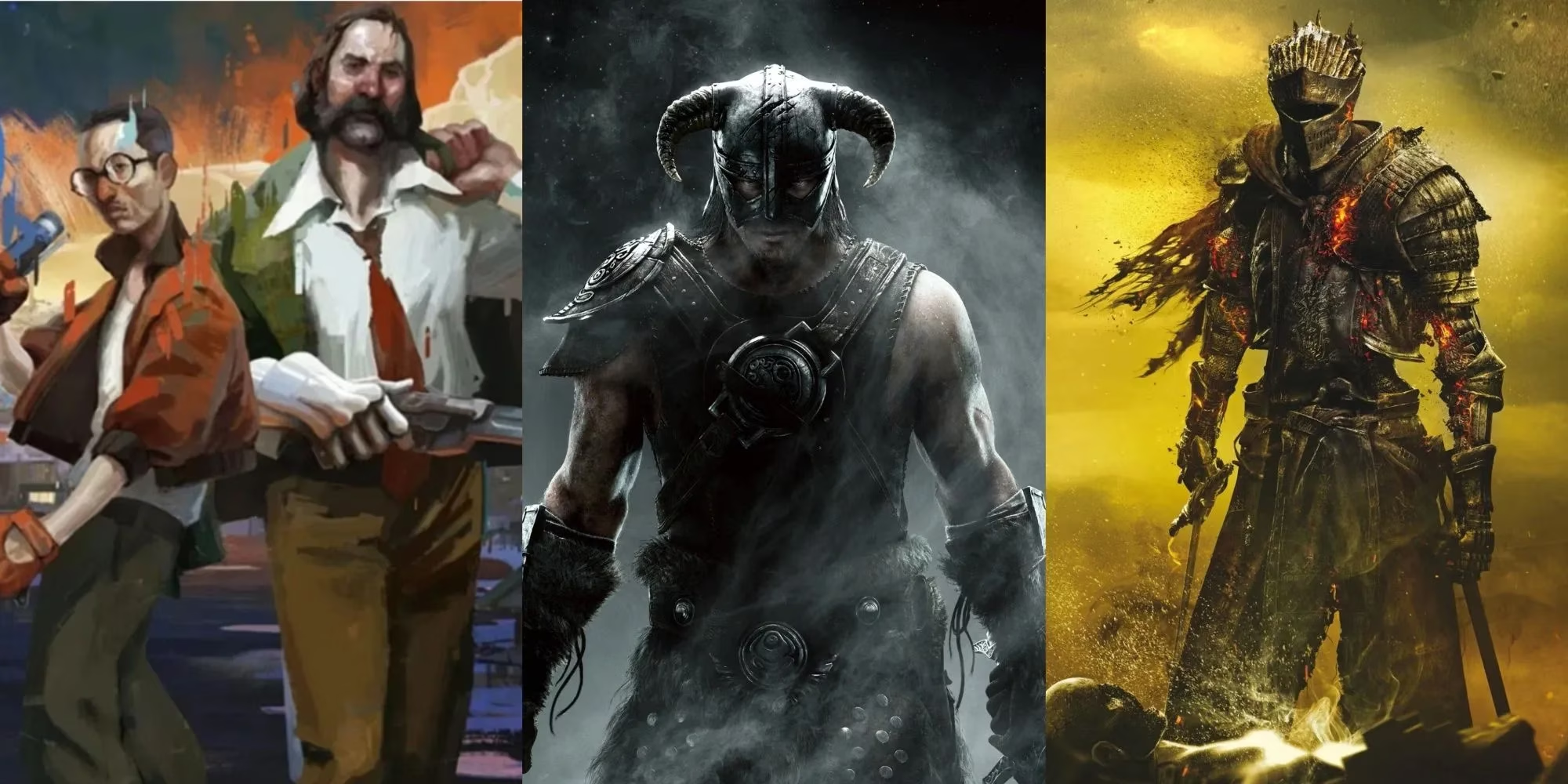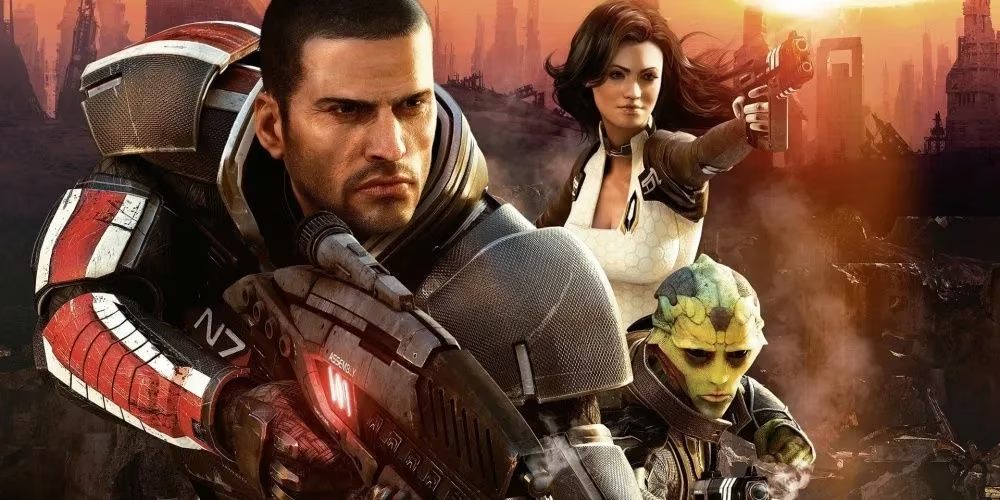My Unforgettable RPG Adventures Through the 2010s Golden Era
Explore the captivating world of 2010s RPGs like Mass Effect 2, Skyrim, and Dark Souls, highlighting their emotional depth and timeless appeal in gaming history.
Stepping into the 2010s felt like cracking open a geode – ordinary at first glance, but revealing crystalline marvels that still glitter in my gaming memories today. That decade wasn't just about RPGs; it was about worlds that swallowed me whole and characters who became midnight confidants. Even now in 2025, these masterpieces haven't faded – they've matured like fine wine in oak barrels, their flavors more complex with each revisit. What made them extraordinary? They weren't just games; they were empathy simulators disguised as dragon hunts and space operas.

Mass Effect 2 rewired my understanding of friendship in digital spaces. Those loyalty missions? More intimate than any coffee date. Choosing between saving Garrus or calibrating the Normandy's guns felt like deciding which limb to keep. BioWare didn't just build a sci-fi saga – they forged emotional gravity wells where every Paragon/Renegade choice echoed like a shout across canyons. Playing it felt like holding a murmuration of starlings in my palms: individually fragile, collectively breathtaking.

Then came Skyrim – that eternal shapeshifter. Even today, modders treat it like digital Play-Doh, molding glaciers into tropical islands. I remember my first frostbite spider encounter: pure, unadulterated terror that transformed into empowerment when I shouted it into oblivion. The beauty? Skyrim never judged my chaotic playstyle. Whether I was:
-
🗡️ Stealing sweetrolls as a khajiit thief
-
🧙♂️ Summoning storm atronachs on High Hrothgar
-
🏹 Getting hopelessly lost in Blackreach's fungal glow
It always whispered: "This is yours." Like stumbling upon a grandfather clock in the woods – timeless, mysterious, and ticking with secrets.
Mass Effect 3's ending controversy? Honestly? The bitter herbs that made the trilogy's wine richer. That multiplayer horde mode though? Pure serotonin fireworks with friends. Meanwhile, Path of Exile was Diablo's goth cousin who secretly baked you cookies – complex, dark, but endlessly generous. Its skill tree still looks like a neural network designed by mad scientists!
Dark Souls II taught me the zen of failure. Each death wasn't defeat; it was the game whispering "adjust your frequency." When I finally felled the Fume Knight, the victory hummed like a tuning fork resonating through my bones. Contrast this with The Witcher 3, where snowy Novigrad felt more alive than my hometown. Geralt's grunts while looting corpses? Still comedy gold.
Dark Souls III's twin princes battle remains my benchmark for boss design – a brutal waltz where missteps meant annihilation. Yet nothing prepared me for Divinity: Original Sin 2. That game was a kaleidoscope: twist it slightly, and entire narratives shattered into new patterns. I once won a fight by teleporting a cheese wheel onto an enemy's head. Pure. Genius.
Monster Hunter World turned creature battles into ritualistic dances. Learning a monster's tells felt like deciphering a lover's body language. And Disco Elysium? Oh, that beautiful oddball. A RPG without combat, where your worst enemy is your own hungover psyche. Talking to a necktie never felt so profound.
What binds these gems? They refused to hold your hand. They said: "Stumble. Get lost. Make terrible choices." And that's why, years later, their ghosts still tap on my controller at 3 AM, asking: "Ready for one more quest?" ✨